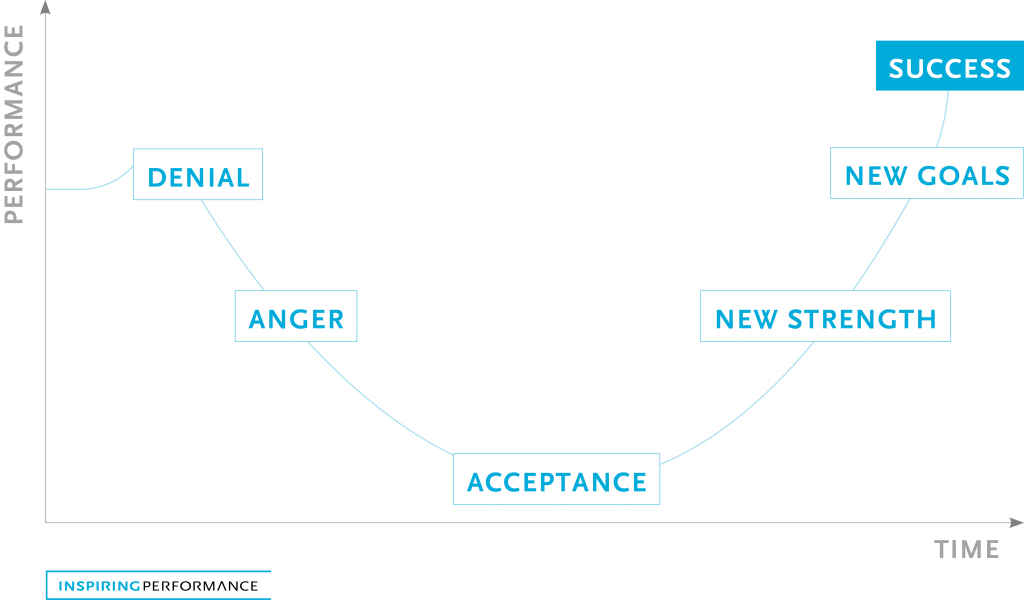I’ve said it before: Goals aren’t always achieved – if you reach them every time, then all you’ve done is become great at shopping list writing.
Now, if I said “Hard luck mate, you can’t get gold every time” to Valerie Adams or Nick Willis, they’d probably give me an Olympic class uppercut. This is where the expectation of performance becomes blurred with neuroscience and emotions.
The disappointment they’re feeling is very real – regardless of how proud we are of them. Their goal has not been a short term one. Reaching an Olympic final, going for gold, takes years of preparation, dedication, commitment and sacrifice.
So how do we cope with huge disappointment?
Sustainable performance, as an athlete, organisation or leader, is about understanding how to learn from set backs, rather than quickly moving on and forgetting about them. In the short term, of course it will feel bad. Really bad. Valerie and Nick probably know this feeling too well.
The disappointment we’re talking about is similar to grief of any kind. In the 1960s, Elisabeth Kubler-Ross created a framework to help us understand the grief process stage. Denial, anger, bargaining and depression are very real emotions we experience before moving towards acceptance. Placing a sporting disappointment or business goal failure into the same category as grief may seem like overkill, but as you will see below, the journey takes a similar path.

Understanding this process is beneficial. The person experiencing the disappointment will be aware that their feelings, while difficult, are normal. But it is perhaps more useful for those supporting them. Recognising and acknowledging the stages and responding or acting accordingly will greatly reduce the emotional impact of the situation.
In my leadership development and business coaching work I stress that the goal should be to smooth the curve, rather than skip stages. By being understanding to the person and discussing the effort and approach they took to their performance, they will slowly transition from an emotional to logical state, and (over time) look to the future. A disappointment can make us stronger, help us to set new goals and in fact lead us on to achieve greater success.
Watch my video above to hear about a huge challenge we faced while rowing across the Atlantic Ocean, and you’ll see what I mean.
Our athletes have sports psychologists to help them. But in your organisation maybe you will have to take the lead. So who are the people around you that have suffered disappointment? Think of their behaviour in terms of this model, and how you could help them through it.
See all posts